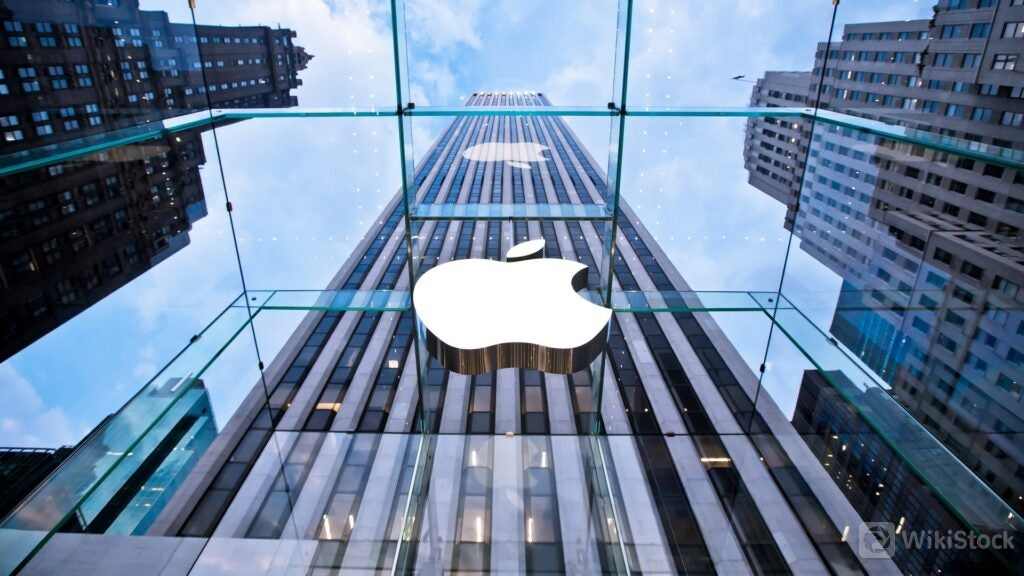Tim Cook's Goal To Slash Assembly Workers By Up To 50% Faces Setback: Apple Reportedly Facing Precision I

Apple Inc.'sAAPL plans to significantly reduce its iPhone assembly workforce by as much as 50% over the next few years and is facing headwinds due to precision issues, according to a recent report.
What Happened: The Cupertino-based tech giant is looking to scale back on human workers in favor of automation, a move that could have significant implications for international labor markets, reported The Information.
The decision is partly influenced by the challenges Apple faced during the COVID-19 pandemic, which caused supply chain disruptions and delays.
In 2022, a riot at Foxconns main iPhone factory in Zhengzhou, China, brought attention to the poor working conditions and low wages.
This led to Apples senior vice president of operations, Sabih Khan, issuing a directive to reduce the number of workers on iPhone final assembly lines by up to 50% over the next few years.
As a result, Apple is reportedly reviving old automation projects and investing heavily in new ones. This push for automation could potentially reduce production costs, but it also requires significant investment in machinery, which some of Apples manufacturing partners are hesitant to make.
See Also: Apple To Exclude Key Features From iOS 18 And macOS Sequoia For EU Customers: Heres Why
Automation could also help Apple avoid the issues associated with human workers, such as illness, demands for better conditions, and accommodations. However, there have been challenges with the robots used for testing, raising questions about the impact on China‘s labor force, which supplies millions of workers to Apple’s supply chain.
Why It Matters: Apple‘s reliance on international workers has been a long-standing issue. In 2022, violent protests erupted at Foxconn’s main iPhone-making plant in China over strict COVID-19 norms and unpaid dues. This was followed by the departure of over 20,000 employees, hindering the companys production targets.
Apples automation efforts have been supported by acquisitions, such as Canadian startup DarwinAI, which specializes in creating AI technology for inspecting components during manufacturing.
The acquisition is part of Apples significant push into generative AI, which could be a game-changer for the company, as it focuses on running AI on devices rather than entirely in the cloud.
Despite the potential benefits of automation, the move could have significant implications for China‘s labor market, which supplies millions of workers to Apple’s supply chain. The reduction in labor could have a negative impact on Chinas economy, with a further reduction in consumer consumption.
Key areas for mutual funds to make money in 2025
Yushu Technology's robot dog explodes the market!
Byte refutes rumors of speculation on A-share Doubao concept stocks
How to develop a low-altitude economy
Check whenever you want
WikiStock APP
